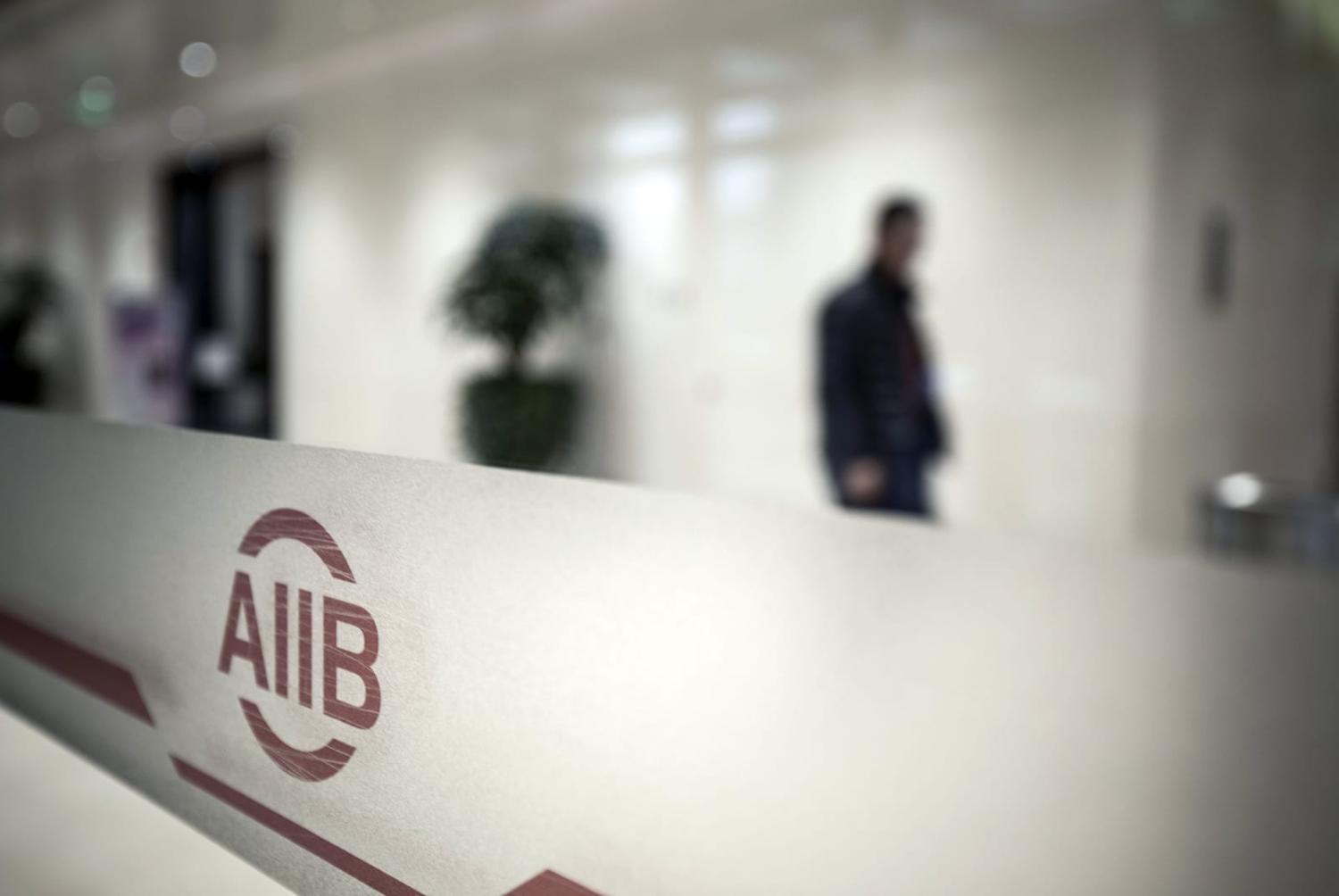In recent days, the Asian Infrastructure Investment Bank (AIIB) – China’s answer to the World Bank and other multilateral development banks – has come under fire for being influenced or even dominated by the Chinese Communist Party (CCP). On 14 June, the AIIB’s global communications director Bob Pickard, a Canadian national, resigned, claiming that the bank “is dominated by Communist Party members and also has one of the most toxic cultures imaginable”. The AIIB calls the allegations baseless and disappointing. The director subsequently left China, where the bank is based, citing concerns about his own personal safety. The Canadian government responded by freezing its cooperation with the bank and initiating an investigation.
The allegations of dominance by the CCP, whether justified or not, will require a robust investigation and response if the AIIB is to maintain its reputation as a multilaterally and transparently managed institution.
I have tendered my resignation as the global comms chief of @AIIB_Official. As a patriotic Canadian, this was my only course. The Bank is dominated by Communist Party members and also has one of the most toxic cultures imaginable. I don’t believe that my country’s interests are…
— Bob Pickard (@BobPickard) June 14, 2023
Let’s start with a few facts. The concept of a China-led development bank was on the drawing board of China’s ministry of finance for several years before membership negotiations got underway in 2014. Formally, the AIIB was established in 2015, with its headquarters in Beijing and an initial membership of 47 countries, which has gradually expanded to 106. China currently holds 26.6 per cent of the voting rights, which gives it an effective veto over key organisational decisions that require a 75 per cent super majority.
Jin Liqun, a Chinese former vice minister of finance who has also held senior positions at the World Bank and Asian Development Bank (ADB), was elected as the AIIB’s first president in 2015, and re-elected for a second five-year term in 2020.
In the negotiations on the establishment of the AIIB, numerous issues related to the organisation and governance of the bank were thrashed out, including the question of oversight by the bank’s board of directors. All the other major multilateral development banks (MDBs), including the World Bank, ADB, African Development Bank, Inter-American Development Bank and European Bank for Reconstruction and Development, have resident boards, with member countries grouped into constituencies whose representatives include full-time executive directors and alternates, assisted by advisers. The boards approve loans, discuss key questions of strategy and policy, and can meet up to several times a week.
Resident boards focus full-time on their oversight work, and their physical presence within the banks’ premises provides them with frequent opportunities to interact formally and informally with management and key staff. Having their finger on the pulse of the institutions they have the job to oversee also allows them to nip problems in the bud.
Breaking with this well-established practice, the AIIB’s Chinese founders pushed hard for a non-resident board, citing the costliness of a resident board and considerations of operational efficiency. At the time, there was little pushback, as leading Western governments did not participate in the negotiations. The United States and Japan decided not to join the bank, the European countries joined at the last minute, just weeks before the deadline for applying for membership in March 2015, and Canada was a latecomer joining in 2018. This deprived the Europeans and Canada of the opportunity to influence key decisions on the bank’s governance. Australia was one of the few countries to express concern that lack of a resident board would limit shareholders’ opportunities for oversight.
Accusations of key shareholders wielding undue influence are hardly new to the multilateral financial institutions. When the World Bank and International Monetary Fund (IMF) were established in 1944, the Americans and Europeans reached a tacit understanding on the nationality of the heads of both institutions, with America nominating the World Bank president and Europe the managing director of the IMF. The arrangement has held for nearly 80 years. And both institutions worked for years with the US Department of Treasury to implement what became known as the “Washington consensus”, imposing economically and socially tough conditionalities on many of the institutions’ borrowers.
Nor should we forget that the United States for years blocked a change in IMF quotas supported by all other members that would have marginally increased the voting shares of China and other emerging economies. Ironically, Western countries’ dominance of the Bretton Woods institutions was a major factor motivating China and other emerging economies to establish their own financial institutions.
That said, the fact that the AIIB is located in Beijing, with a Chinese president and China holding a veto over major institutional decisions, begs the question whether the AIIB is a genuinely multilateral bank or one “with Chinese characteristics”. The recent allegations of CCP influence, coming as they do amid growing tensions between China and several Western countries, do not help the AIIB’s image.
Given the priority attached by China’s President Xi Jinping to strengthening the role of the CCP in all walks of life, concerns about the Party’s influence within the AIIB are unlikely to go away anytime soon. In addition to requiring a comprehensive investigation into the current allegations, it would make sense for the governments of the AIIB’s member countries to review the need for broader measures to ensure the bank’s credibility as a multilateral institution.
Confirming that the AIIB has robust oversight mechanisms and – in due course – allowing the bank’s presidency to rotate among its member countries would be good places to start. The latter would also set a welcome precedent for other multilateral institutions to follow.

